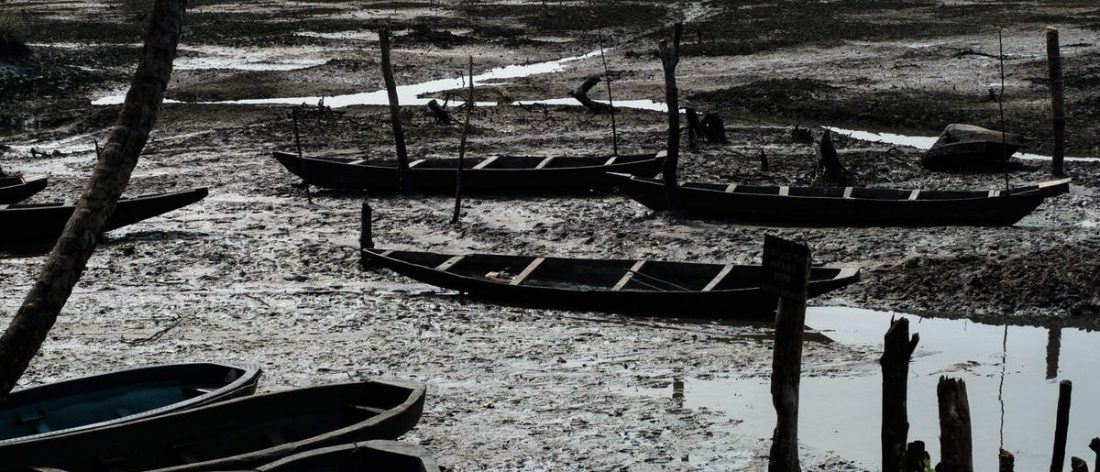Image Credit: The Conversation
The stability of the Niger Delta region remains fragile, as displayed in the violence witnessed during the 2015 general elections, the inconclusive gubernatorial election in Rivers State, the tensions in Bayelsa State and ongoing Biafra agitations. The failure of the Presidential Amnesty Programme (PAP) to effectively dismantle the command structure of the various militant groups, and the inability of the federal government to initiate a major development strategy for the region, mean that the underlying causes of instability remain unaddressed. At the peak of the insurgency, the region experienced a considerable decline in economic activities . The high cost of security investment placed considerable burden on the budget of most corporations, particularly in the oil and gas sector, resulting in the diversion of productive resources to securing production facilities and installations. Senior corporate executives relocated to safer locations, notably Lagos, in response to the incessant abduction and kidnappings.
With crude oil prices at the lowest in many years, the oil and gas industry is again taking a hit, and the Nigerian economy is exposing its vulnerability. Lack of investment is creating an economic vacuum where an illegal shadow-economy is thriving. Piracy in the Gulf of Guinea has made the coastal waters the most dangerous in the world. Meanwhile, crude oil theft and illegal oil refining are involving entire communities.
Against the backdrop of the proliferation of arms and weapons, the risk and motivation for re-armament to engage in violence are evidently high and can be readily activated. Security services in the Niger Delta region are pushed to compete for shrinking resources with those fighting the intransigent insurgency in the North-East. It would therefore be extremely damaging to be sucked into trying to combat a fresh wave of conflict in the south too.
This paper explores the interrelated drivers of the conflict, and proposes policy recommendations to address the prevailing challenges and reduce future instability.







